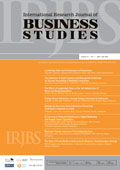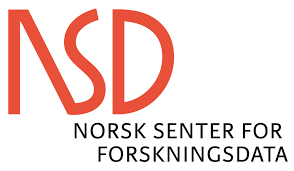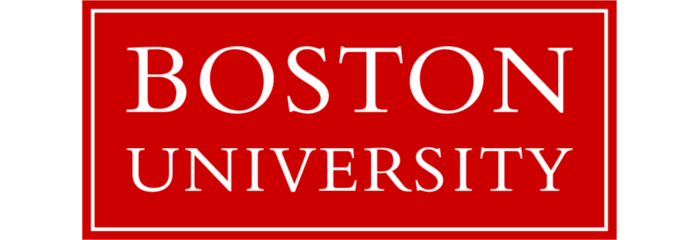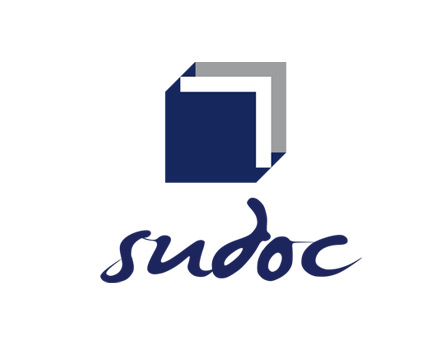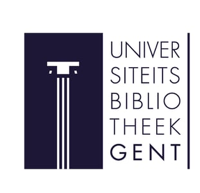Article Metrics |
|
|
Exploring Household Financial Self-Efficacy Amid MCO
Abstract
The outbreak of the covid-19 pandemic had forced economies to implement movement restrictions that resulted in income shock to households. This study aims to gauge the impact of income shock due to movement control order (MCO). This study examined the factors that affect Malaysian household financial self-efficacy due to movement restrictions. A survey was conducted online from 1 April 2020 to 30 June 2020 to gather responses from households. Data collected were analyzed using the KMO sampling adequacy test, Bartlett's test, reliability, and factor analysis. More than 46% of the respondents’ income was significantly decreased or somewhat decreased due to MCO. Financial tools, lifestyle adaptation, contingency plans, and realization of the impact of MCO had significantly affected household financial efficacy.
Keywords
Full Text:
References
Amatucci, F. M., & Crawley, D. C. (2011). Financial self-efficacy among women entrepreneurs. 3(1), 23–37. https://doi.org/10.1108/17566261111114962
Asmin, E. A., Ali, M., Nohong, M., & Mardiana, R. (2021). The Effect of Financial Self-Efficacy and Financial Knowledge on Financial Manaagement Behavior. Golden Ratio of Financial Management, 1(2), 75–86.
Farrell, L., Fry, T. R. L., & Risse, L. (2016). The significance of financial self-efficacy in explaining women ’ s personal finance behaviour. JOURNAL OF ECONOMIC PSYCHOLOGY, 54, 85–99. https://doi.org/10.1016/j.joep.2015.07.001
Janssens, W., Pradhan, M., de Groot, R., Sidze, E., Donfouet, H. P. P., & Abajobir, A. (2021). The short-term economic effects of COVID-19 on low-income households in rural Kenya: An analysis using weekly financial household data. World Development, 138, 105280. https://doi.org/10.1016/j.worlddev.2020.105280
Kansiime, M. K., Tambo, J. A., Mugambi, I., Bundi, M., Kara, A., & Owuor, C. (2021). COVID-19 implications on household income and food security in Kenya and Uganda: Findings from a rapid assessment. World Development, 137, 105199. https://doi.org/10.1016/j.worlddev.2020.105199
Lown, J. M. (2011). Development and Validation of a Financial Self-Efficacy Scale. 2011 OAFCPE Conference, 435, 54–63.
Mindra, R. (2017a). Financial self-efficacy : a determinant of financial inclusion. International Journal of Bank Marketing, 35(3), 338–353. https://doi.org/10.1108/IJBM-05-2016-0065
Mindra, R. (2017b). Financial self-efficacy : a mediator in advancing financial inclusion. An International Journal of Equality, Diversity and Inclusion, 36(2), 128–149. https://doi.org/10.1108/EDI-05-2016-0040
Muhamad, S., Kusairi, S., & Zamri, N. (2021). Savings behaviour of bottom income group: Is there any role for financial efficacy and risk preference? Economics and Sociology, 14(2), 56–70. https://doi.org/10.14254/2071-789X.2021/14-2/3
Sabri, M. F., Wijekoon, R., & Rahim, H. A. (2020). The influence of money attitude, financial practices, self-efficacy and emotion coping on employees’ financial well-being. Management Science Letters, 10(4), 889–900. https://doi.org/10.5267/j.msl.2019.10.007
Stevenson, C., Costa, S., Wakefield, J. R. H., Kellezi, B., & Stack, R. J. (2020). Family identification facilitates coping with financial stress: A social identity approach to family financial resilience. Journal of Economic Psychology, 78(February), 102271. https://doi.org/10.1016/j.joep.2020.102271
Stevenson, C., Costa, S., Wakefield, J. R. H., Kellezi, B., Stack, R. J., Degli, U., Della, S., & Luigi, C. (2020). Family identification facilitates coping with financial stress : A social identity approach to family financial resilience. Journal of Economic Psychology, 78, 1–11. https://doi.org/10.1016/j.joep.2020.102271
Tang, N. (2021). Cognitive Abilities, Self-Efficacy, and Financial Behavior. Journal of Economic Psychology, 87(April), 102447. https://doi.org/10.1016/j.joep.2021.102447
Tang, S., Huang, S., Zhu, J., Huang, R., Tang, Z., Hu, J., & Sullivan, N. J. (2019). Financial Self-Efficacy and Disposition Effect in Investors : The Mediating Role of Versatile Cognitive Style. Frontiers in Psychology, 9, 1–6. https://doi.org/10.3389/fpsyg.2018.02705
Zhu, C. (2019). Self-efficacy and self-esteem in online learning environments of adult learners. International Journal of Learning Technology, 14(1), 4–17. https://doi.org/10.1504/IJLT.2019.100610
Copyright (c) 2022 Hway-Boon Ong
International Research Journal of Business Studies has been covered by the following services: | ||||||||||||||||||||||||
|

